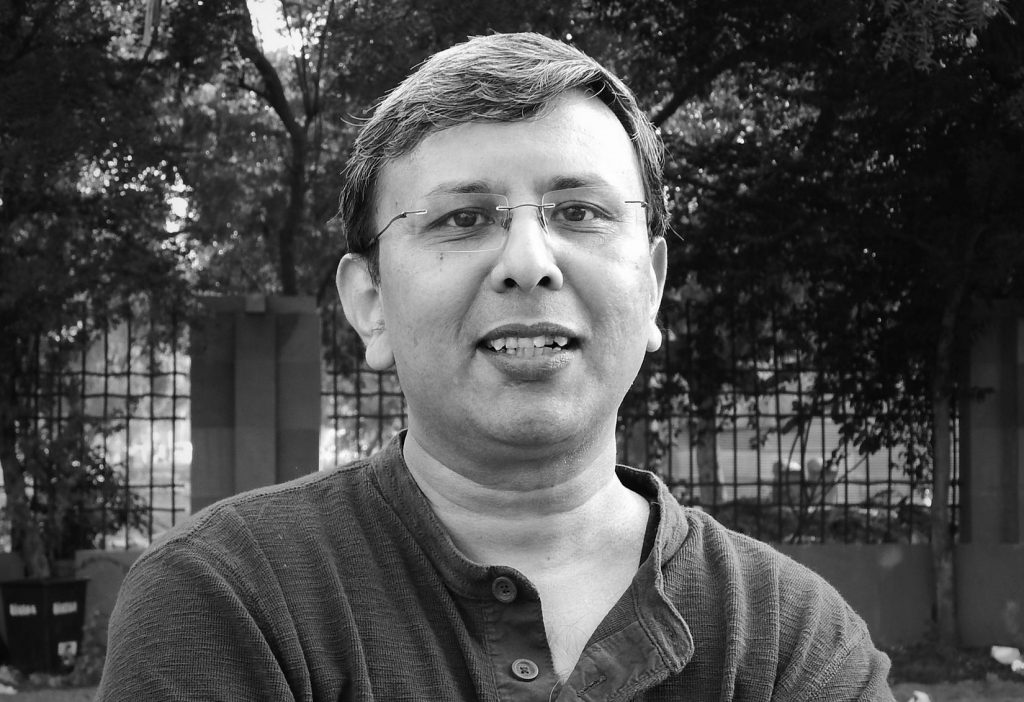Q: Share your views on the evolution of the book industry with particular reference to pre and post e-commerce and online selling.
Thomas: First, all my views will be confined to trade publishing only. The change began in the early 2000s from two disruptive waves that India got quite late when compared to the west. First it was the chains (though Landmark began in 1987 as India’s first modern large format bookstore, the chains came into their own only about 12 years later) that were deep discounting, and at that time it was the Indies that were protesting. Post 2009, the disruption was from online sellers, and this time it was the chain that was hard hit. In the last five years or so, over 176 bookstores have shut down, resulting in a loss of over 800,000 sq. ft store space. Distribution too has been brutally hitwith just two main trade players left standing—both of whom are also doubling as online marketplace vendors. Both disruptions had one thing in common—they ended up pushing the base discount up considerably.
Q:Has India always been a non- fiction market or is this a recent development with the onset of ease of online access?
Thomas: Though it might not seem so, non-fiction has ruled the roost from the beginning if you’re talking of India-originated books, though fiction may have got the limelight. If you add in imports, then yes fiction was top of mind until the early to mid-1980s. From the 1990s there has been a decline that I personally correlate with the dying out of the neighbourhood lending library which was the go-to leisure choice in most towns. Non-fiction has always been and will always be a priority given our read-to-get-ahead mindset. Yes, online access has made a difference in the reference segment, particularly the dictionaries, encyclopaedias and travel guides segments, but core narrative non-fiction has remained unchanged.
Q: Talking about disruption waves, do you see a change in reading tastes (commercial fiction) or what’s being called the digital revolution in terms of reading—on devices, etc.?
Thomas: Every decade sees its disruptions but it will equally take a decade to decide whether it has any impact. So I don’t yet see these as disruptions and (digital or self-publishing variants) affecting industry or other companies. In India e-books never really took off, though at Hachette we’ve beaten the average trend. But that I will admit is because of the sheer depth and range of our catalogue, and not from any market we were able to tap differently. So worldwide, where base readerships were high, the numbers skyrocketed over about five years (e-book contributions had reached as high as 32 per cent) and then declined and now have settled at 15–17 per cent levels. In India the average never went above 5 per cent, with just a couple of exceptions like PRH (Penguin Random House) and us, where we hit 10–12 per cent but have settled down to 7–9 per cent levels.
Q: Is the burgeoning of online retail stores such as Amazon and Flipkart good or bad news for publishers? Do you see physical bookstores reviving at some point in the future?
Thomas: Both good and bad. Their scorched-earth policy is bad news because they end up shutting down brick-and-mortar bookstores without offering the curated replacement that is needed; and the really bad news is the fact that they have become safe havens for pirates. There are over a hundred pirate sellers on online marketplaces today doing serious damage. The good news is that there is availability of any book and hopefully they will extend their outreach to serve non city-markets which don’t have bookshops. So we should see some market expansion beyond the cannibalization that is inevitably the first wave.
Yes, online can, up to a point, enhance bestseller sales and provide some cross-recommendations, but they can’t provide that browsing experience; so in the future I hope there will be space once again for the indie who manages costs well and curates books well; and is therefore not affected by any medium-term deep discounting wars. It’s the chain stores with the high rentals that need to rethink their strategy and reinvent themselves much like Waterstones has done in the west. You need to develop a book culture first and retail culture second if you want to succeed and create that differentiator.
Q: Do you feel a backlash in the conventional channels of the book trade? Should the government be intervening?
Thomas: In a country like India, which disrespects intellectual property rights completely, I am sceptical that the government will do anything. Unless the government legislates otherwise and brings about a level playing field like France has done, nothing can really happen legally. Earlier this year, France passed a new law popularly dubbed as ‘The Anti-Amazon Law’, to protect its iconic bookshop culture from American e-commerce giants.
Q: What about the role and involvement of the author in today’s new market. Do you notice a change?
Thomas: Yes, there is a big change as authors get savvier about leveraging an online presence and social media. It is interesting that in the last decade or so, many authors have created bestsellers through their own efforts online. Many of them began online as self-publishing discoveries (from E.L. James in the US to Amish here) and all of those have amplified their sales by then being formally published. But I do believe that no amount of marketing can create a lasting bestseller out of a dud. In trade publishing it is finally about word-of-mouth.
Thomas ABRAHAM is Managing Director, Hachette India. Before joining Hachette he was CEO and President of Penguin India from 2003-07.

